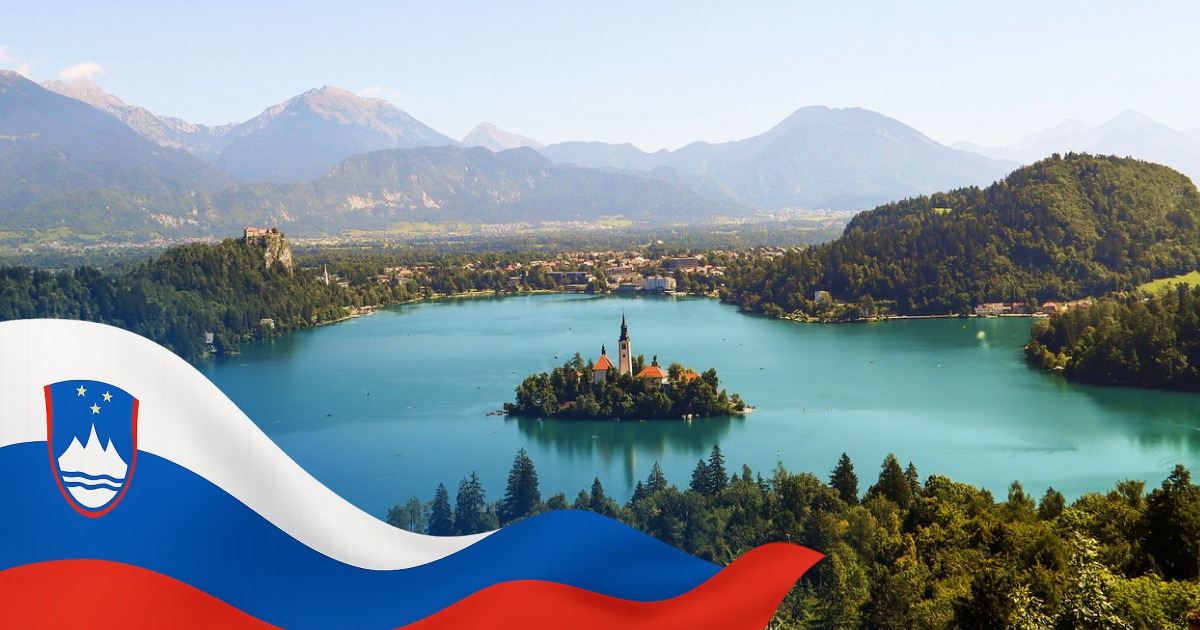Why Are More Balkan Workers Choosing Austria Over Germany? The Appeal of 13th and 14th Salaries, Proximity, and Attractive Conditions
06/16/2025

In recent years, Austria has quietly but decisively become one of the most desirable European destinations for workers from Southeast Europe.
For decades, Germany and its industrial regions were the first choice for people from Croatia, Serbia, Bosnia and Herzegovina, North Macedonia, as well as Albania, Bulgaria, Kosovo, Montenegro, and Slovenia who sought secure wages and a European standard of living. Today, however, Austria’s labor market is attracting a growing number of both skilled professionals and support staff from precisely these countries.
A Wealth of Job Opportunities
If you’re looking for a new job, Austria offers a wide range of positions in manufacturing, food processing, warehousing, construction, the automotive industry, electrical installation, mechanical engineering, and the metal and wood industries. The latest job offers can be found here: https://raditi.eu/EN?country=AT.
Austria vs. Germany
Austria has several advantages over Germany that are especially attractive to workers from the region.
One of the most notable features is that almost all employees in Austria receive 14 salaries per year. These additional payments in June and December increase the average annual net income by about 15%. For example, a worker with a net monthly salary of €2,000 earns nearly €4,000 more per year compared to most other countries. In Germany, 13th and 14th salaries are not standard.
Additionally, Austria’s 13th and 14th salaries are taxed at a lower rate (the first €620 is tax-free, and the remainder is taxed at 6%–27%), making working in Austria even more financially rewarding.
But Austria isn’t just attractive financially: it offers a high level of safety, excellent public transportation, and a strong healthcare system. Vienna has topped global quality-of-life rankings for years. Most Austrian cities have established migrant communities, making integration and adapting to a new environment easier. In major cities like Vienna, Graz, and Linz, free German language courses are often organized for newcomers, a significant advantage for faster adjustment. Multiculturalism has become a hallmark of Austrian cities: more than 10% of residents are foreigners, including over 300,000 people from the former Yugoslavia and the wider region, including Albania and Bulgaria.
When it comes to workday breaks, Austria and Germany have almost identical rules: in both countries, employees working more than six hours are legally entitled to at least a 30-minute break, which can be split into shorter segments (in Austria, no segment may be shorter than 10 minutes; in Germany, at least 15 minutes). Breaks are generally unpaid and not counted as working hours unless a collective agreement or company policy states otherwise, so it’s important to check your employment contract.
Probation periods in Austria are often shorter, typically one month, while in Germany, the standard is six months.
Austria also offers more annual leave, further supporting a better work-life balance. Employees enjoy at least five weeks of paid vacation, with the possibility of additional days after long service. There are also more public holidays than in most European countries.
Proximity to Home
The closeness of Austrian cities like Graz and Vienna to neighboring countries is a major draw. Driving from Zagreb to Graz takes just two hours, and the round trip is cheaper and faster than traveling to the nearest German cities. For workers who travel home twice a month, this means significant savings in time and money, and a higher quality of life.
Additional Benefits
Employers are increasingly offering “all-inclusive” packages, where, in addition to salary, workers receive accommodation, meals, and administrative support. This further reduces relocation costs and makes the first steps in a new country much easier.
Bureaucracy
Austria provides excellent opportunities for professionals in shortage occupations, with faster and simpler bureaucracy for obtaining work permits, as well as proximity to home, making frequent family visits easier.
For EU citizens, including Bulgarians, Croatians, and Slovenians, access to the Austrian labor market is extremely straightforward: it’s enough to register your residence and prove employment or sufficient means of support, with no need for additional permits.
Citizens of Albania, Bosnia and Herzegovina, Kosovo, North Macedonia, Montenegro, and Serbia, while required to go through the Red-White-Red Card system (a points-based model that evaluates education, language, and experience), are increasingly experiencing fast and efficient procedures, especially for shortage occupations.
Austria’s famously precise bureaucracy poses almost no obstacles for EU workers, while for others, employers often handle the entire administrative process, from consular appointments to securing accommodation.
Main Drawbacks
Of course, not everything is perfect. Housing costs in larger cities can be high, and language barriers and the process of social integration are real challenges, especially for those who do not speak German.
Nevertheless, Austria has proven to be a country that understands the needs of workers from the region: proximity to home, the possibility of regular visits, competitive salaries, and stable conditions make it a logical choice for anyone seeking to combine a European salary with a sense of closeness to home.
Posted EU Workers in Austria
The situation for posted workers in Austria is clearly regulated by European and Austrian law. If your employer from Croatia or another EU country temporarily sends you to work in Austria, you remain employed by your home company and continue to receive your salary and social insurance from your home country, as proven by the A1 form.
While working in Austria, you are subject to Austrian rules regarding minimum wage, working hours, minimum annual leave, and all other mandatory working conditions set by law or collective agreement, even if these are more favorable than those in your home country. This means you are entitled to at least the same pay, leave, and bonuses (including the 13th and 14th salaries) as Austrian workers in the same position. Daily allowances and travel expenses are not included in the calculation of the minimum wage except in exceptional cases.
Posting can last up to 24 months, and extensions are possible with the consent of both countries. You do not need a work permit or special recognition of qualifications, but you must register your residence in Austria if you stay longer than three months, and all work documentation must be available at the workplace in German or translated. Posted workers in Austria enjoy a high level of protection and rights, but are also obliged to comply with Austrian labor and wage regulations.
Moving with the Whole Family
For many workers from Albania, Bosnia and Herzegovina, Bulgaria, Croatia, Kosovo, North Macedonia, Montenegro, Serbia, and Slovenia, Austria is no longer just a temporary address, but a place where professional success and private life can be balanced, with security, stability, and a human touch often missing in other European cities.
Those who come with their families can use the Red-White-Red Card Plus for family reunification, which allows spouses and children free access to the labor market and school system. Austrian employers are increasingly helping with paperwork, housing, and integration, and information and support can also be found through official guides for newcomers.
Most administrative processes can be prepared online in advance, but it is advisable to bring translations of all important documents (diplomas, work certificates, birth certificates), preferably certified.
A New Job in Austria Awaits
If you are looking for a job in Austria, you can apply here: https://raditi.eu/EN?country=AT.







